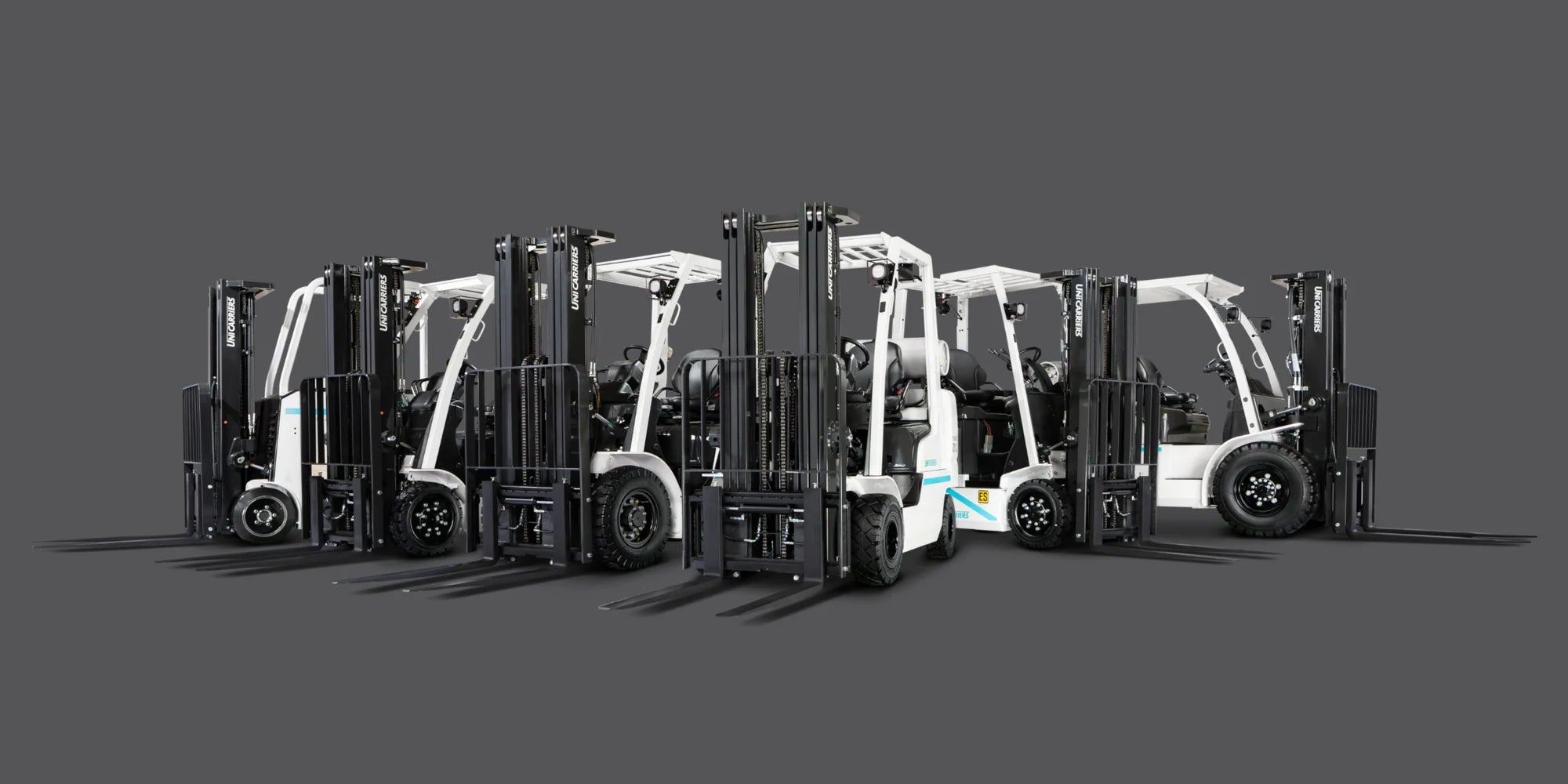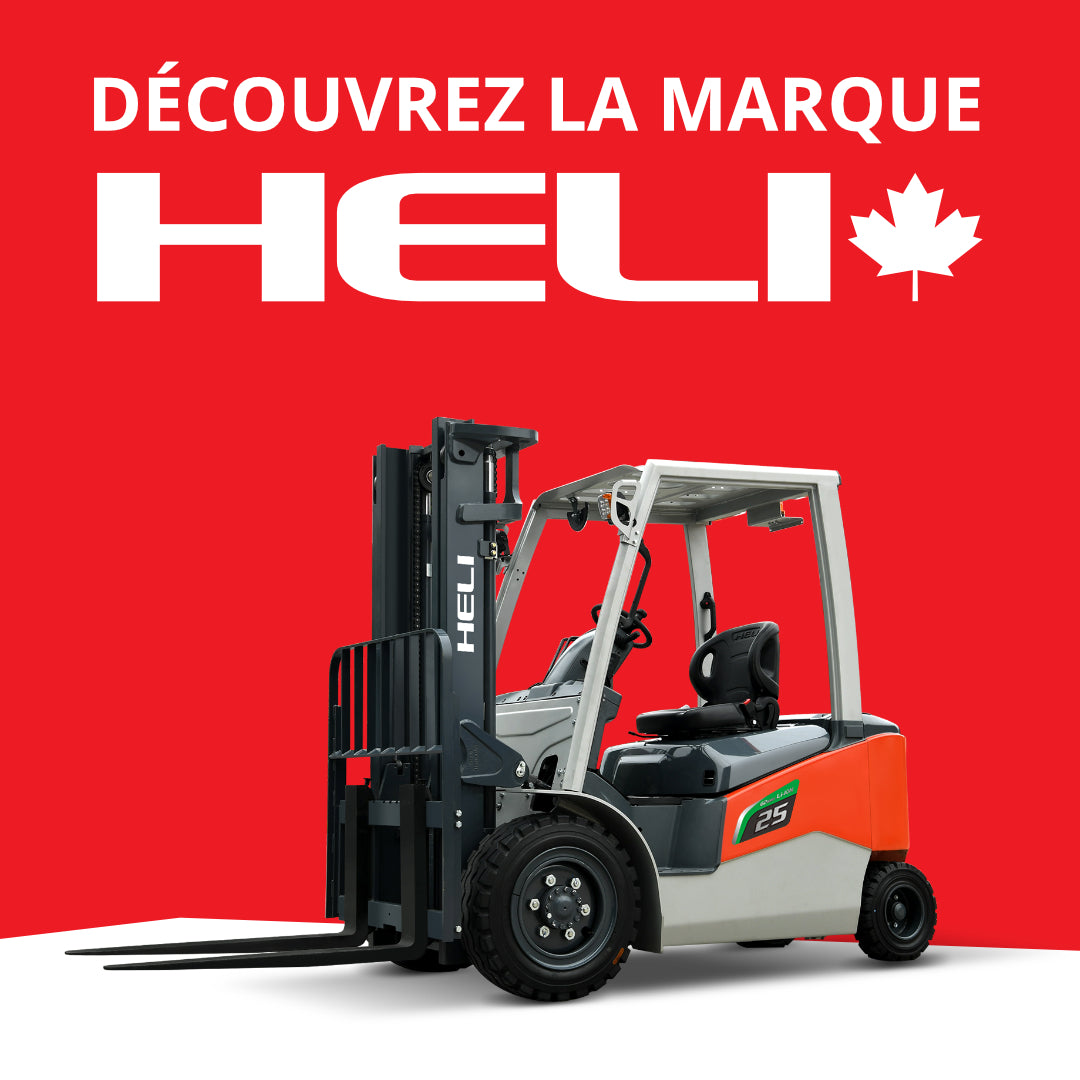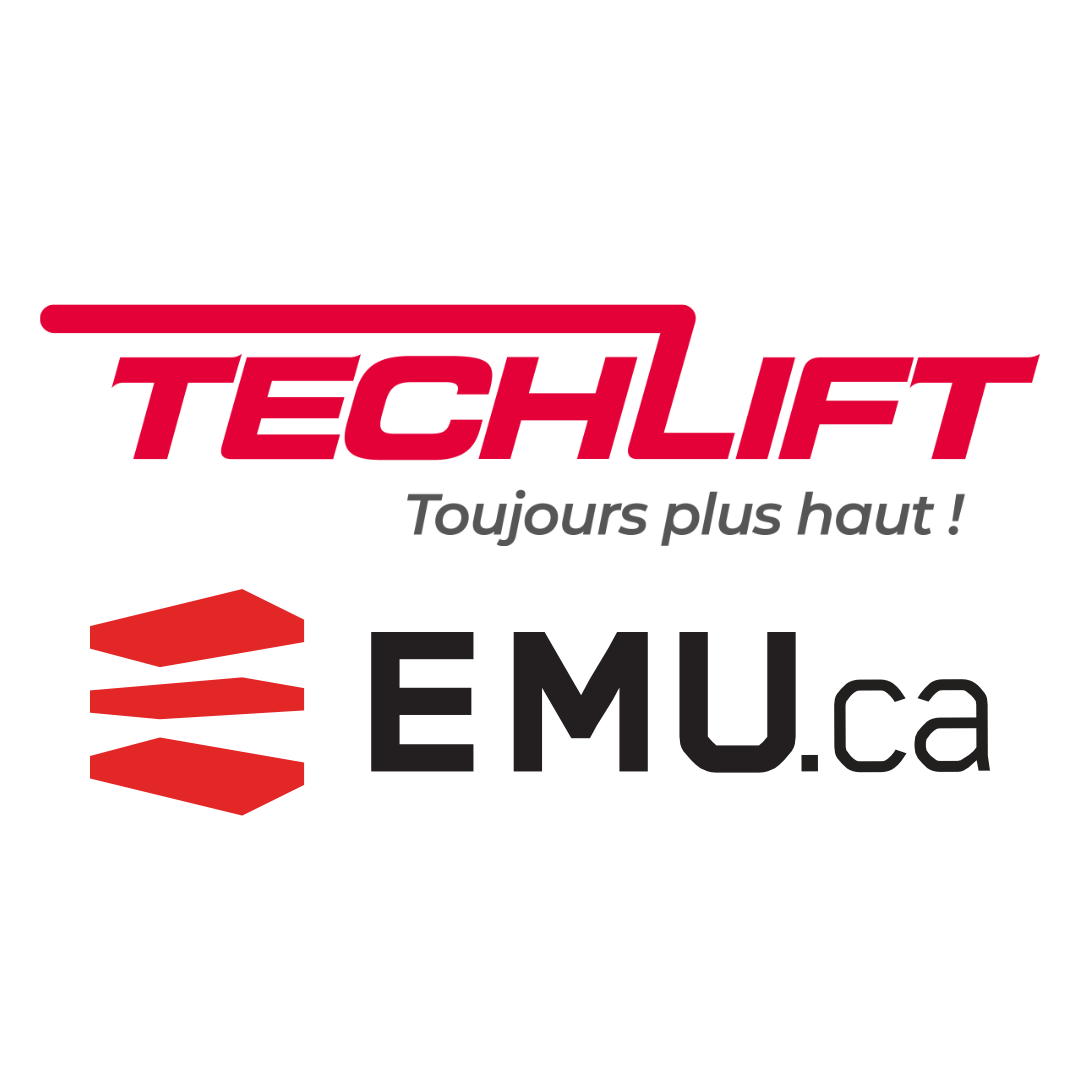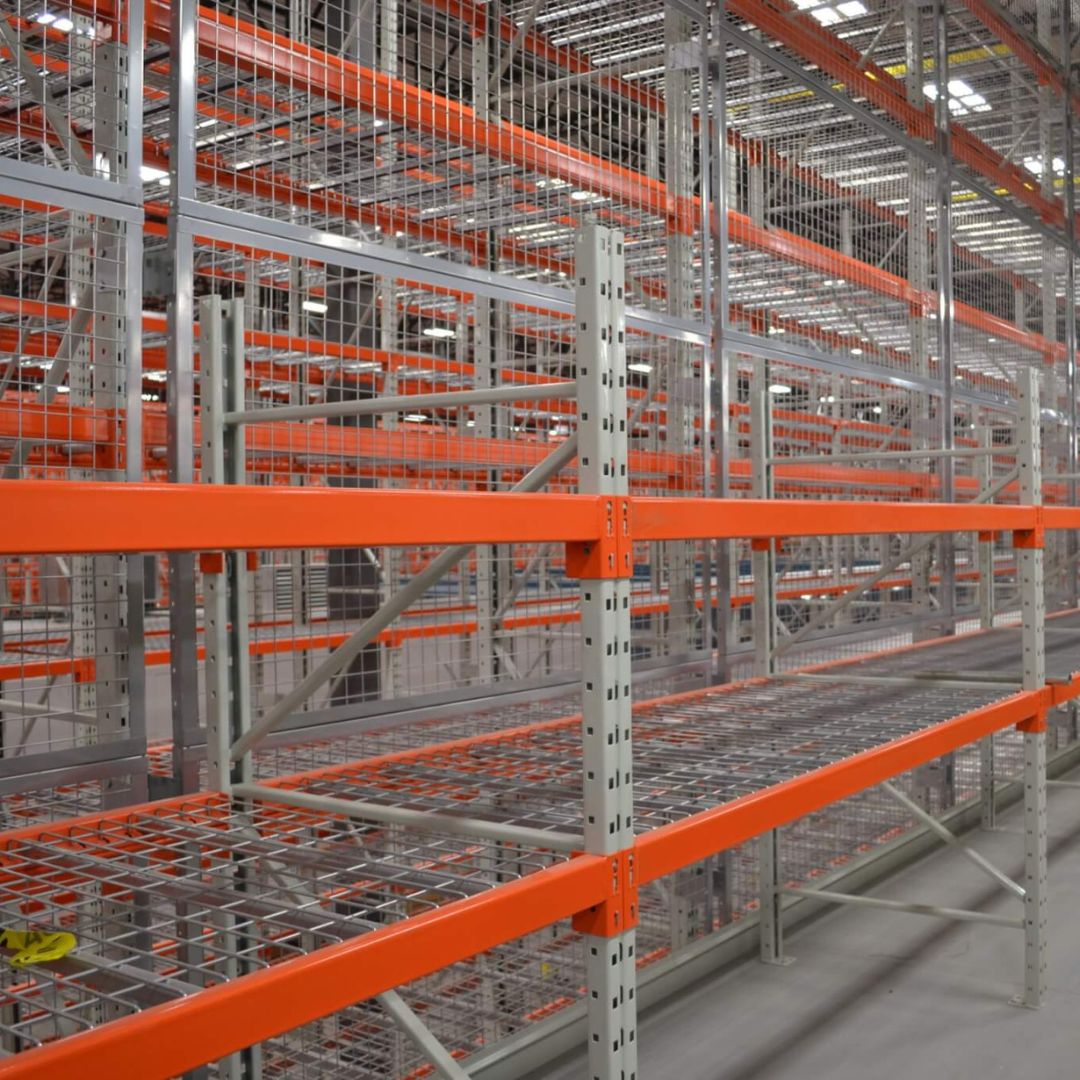Investing in a forklift is a key step for any material handling or warehousing business. Choosing your first forklift is about more than just lifting capacity: it encompasses safety, productivity, after-sales service, and long-term durability. This guide will help you make an informed decision, step by step.

1. Understanding Your Operational Needs
Before looking at models or brands, it's essential to analyze your operations:
- Required Lifting Height: Some warehouses require very high lifts, others more modest but frequent lifts.
- Usage environment:indoor, outdoor, or mixed? The engine type depends largely on this criterion.
- Aisle width and traffic areas: Some machines are too wide for narrow aisles.
- Daily usage duration:Intensive or occasional use?
Concrete example: A warehouse with narrow aisles and a lot of order picking will benefit from a compact three-wheeled electric forklift, while outdoor operations for heavy lifting will require a robust thermal forklift.
2. Electric or Gasoline: Choosing the Right Engine
Electric Forklifts
- Quiet and emission-free, perfect for indoor use.
- Reduced maintenance and more economical in the long run.
- Ideal for businesses looking to combine productivity and sustainability.
Internal Combustion Engine Forklifts
- Best suited to heavy loads and extended outdoor use.
- More maintenance and fuel consumption, yet reliable and robust.
EMU Tip: For a mixed fleet, it's often worth combining electric for the interior and thermal for the exterior, to optimize performance and costs.
3. New or Used: Finding the Right Option
New Carts:
- Full warranty and immediate parts availability.
- Maximum reliability and extended lifespan.
Certified Used Forklifts:
- Daily use: Heavy duty or economical solution, ideal if you're on a budget.
- Essential checks: service history, inspection, and warranty.
At EMU, we offer both options, with models adapted to each use and comprehensive support to guarantee safety and performance.
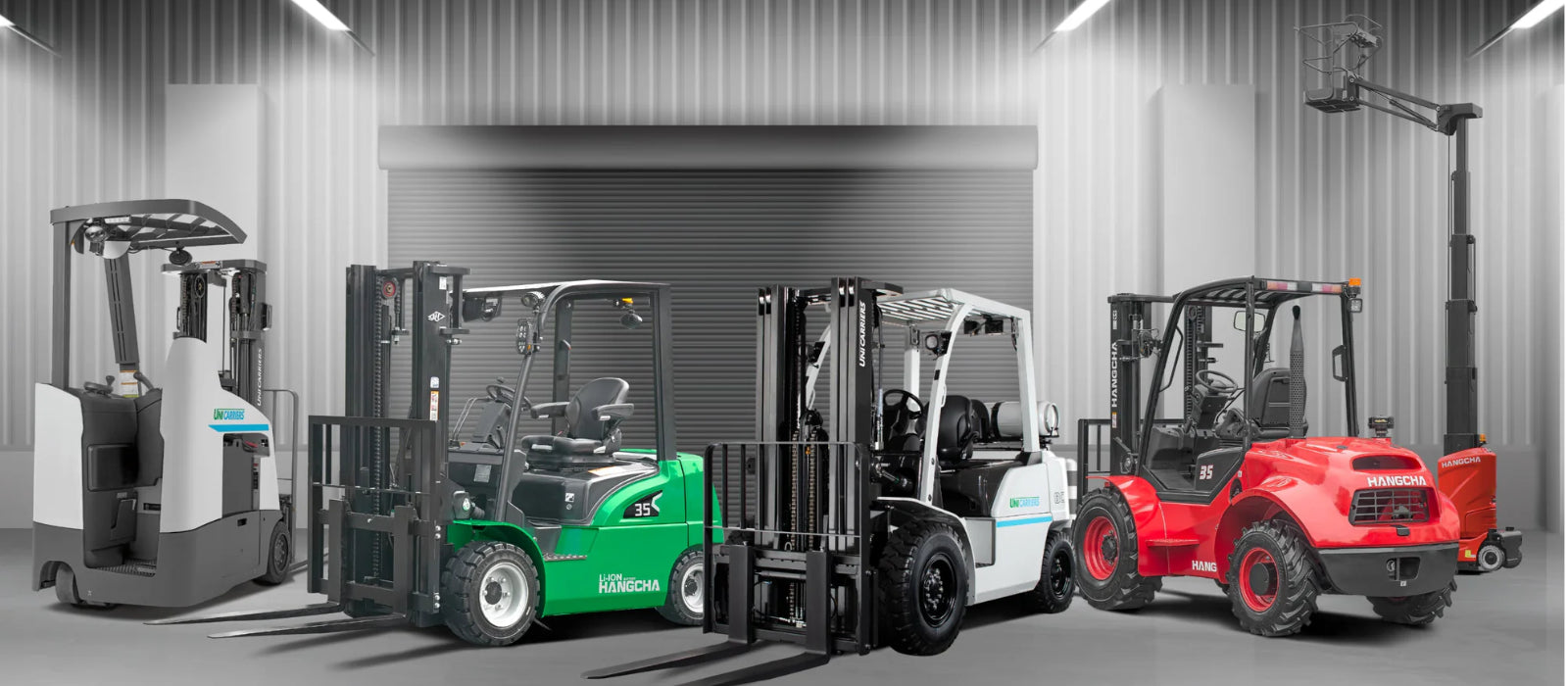
4. Key Criteria to Consider
- Load Capacity and Lifting Height:Make sure the truck can handle your maximum loads.
- Maneuverability: Turning radius, truck width, and ease of use.
- Durability and Maintenance: Some models require less maintenance, reducing the total cost of ownership.
- Accessories and options: clamps, special forks, long-life batteries... These details can improve daily efficiency.
5. Common mistakes to avoid
- Buy based solely on the initial price: the long-term costs (maintenance, parts, energy) are higher.
- Neglecting a practical test: Testing the truck in your environment allows you to verify comfort and maneuverability.
- Choosing a supplier without full service: Access to parts, maintenance, training, and support are essential.
- Think only about today: plan for the future growth of your business.
6. EMU support: much more than just a supplier
Choosing a forklift also means choosing a trusted partner. With EMU, you benefit from:
- A wide selection of new and used models adapted to your business.
- Complete after-sales service: parts, maintenance, and rapid response.
- Certified training for forklift operators: safety and efficiency guaranteed.
- Personalized advice: We analyze your needs and guide you toward the optimal solution.
Our added value: We don't just sell a forklift, we build a lasting relationship to support your business as it grows.
Conclusion
Choosing your first forklift shouldn't be stressful. By asking the right questions, intelligently comparing options, and relying on a reliable partner, you can confidently invest in equipment that will improve your productivity and secure your business in the long term.
Ready to find the perfect forklift for your business?
Contact the EMU team today for a personalized consultation and discover our tailor-made solutions.
Request a quote
